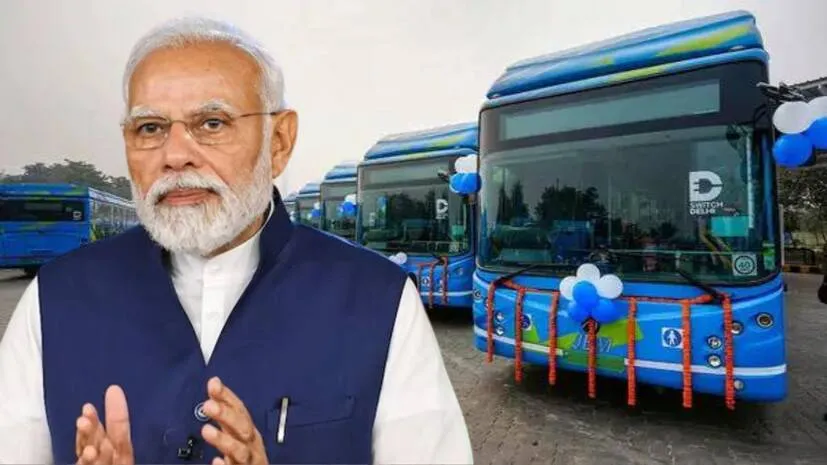

To write ten sentences on KSRTC's contributions to the state's public sector is a futile exercise. Apart from causing losses to the government exchequer, KSRTC has hitherto contributed nigh.
In olden times, haughty lords, if struck by financial distress, would mortgage ancestral homes, borrow money and seek other means to come out of their trouble, but would not care to give up their arrogance. KSRTC espouses similar traits. Last May, it was said that Kerala would be provided with as many electric buses as it needed under the central government's PM E-Drive scheme. All it needed was to inform the demand in writing. KSRTC did not budge. It was like “Who needs the central government’s alms?”
The central government's policy is to promote new generation energy sources, such as electricity and CNG for vehicles. It is also assured that in a few years, there will be strict restrictions on diesel vehicles in the country. The central law already states that public vehicles that are more than twelve years old should not be put on the road. The state, on its own, is periodically extending that time limit to circumvent the ban. Currently, there are 18 to 21-year-old KSRTC diesel buses on the road. The corporation is still purchasing new diesel vehicles, regardless of the central government’s new schemes.
If e-buses and CNG buses are accepted as per the central scheme, the purchase commission that has been falling into the pockets will stop, and the state cannot afford to do so. Karnataka has asked the centre for 4500 buses under the PM e-drive scheme announced in 2024! There are more than 1400 e-buses currently operating in Bengaluru city alone. Tamil Nadu is not far behind in terms of electric buses.
Meanwhile, taking a detour from this pattern, Kerala is all set to purchase 143 diesel buses. Out of 4,500 buses in Kerala, just five are CNG. The small e-buses currently running in the capital city, including the local bodies, are part of the Smart City project.
If you look at the failure stories of any public sector enterprise that has gone bankrupt, a similar pattern can be observed. The mainspring will be their failure to adapt to newer times. If the central government decides to tighten the traffic laws regarding government-owned diesel vehicles one fine morning, the corporation will have to be shut down.
Other states are embracing the central scheme of providing e-buses and converting the current diesel buses to CNG. Meanwhile, KSRTC is set to break the rules for the bad. With such steps and the vanity of officials, it would be foolish to dream that KSRTC will come out of its ill fortune anytime soon.